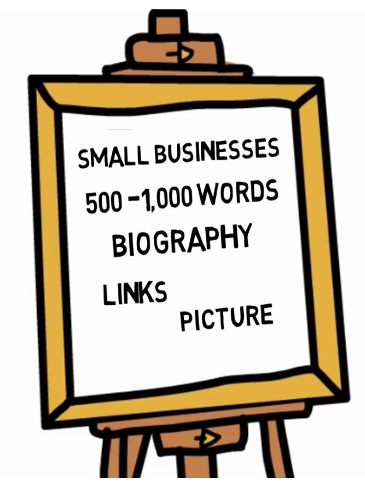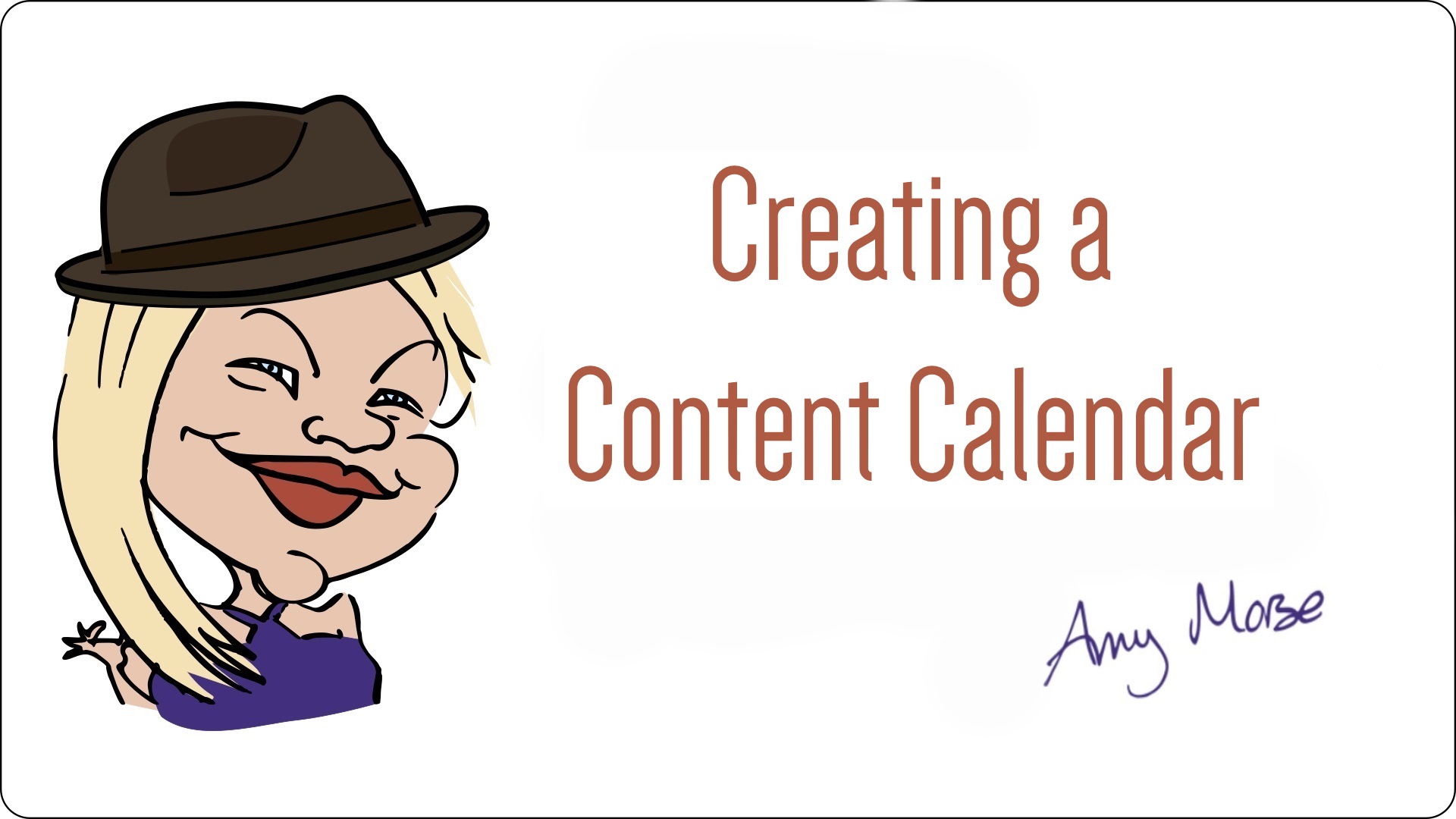At this time of year we’re planning our marketing strategy for the year ahead. But what do we mean when we talk about ‘Content’?
I’m proud to host a guest on the blog this week, who reached out from down under, in Sydney. David Webb shares his insights on the importance of having a strategy for your content marketing. A relevant topic at this time of year as we plan our marketing for 2018.
If you need tools and guidance to get ahead with your planning, I have FREE online workshop ‘Creating A Content Calendar’ :
In the menatime, over to David…
Defining a Content Marketing Strategy for Your Blog
The world is starting to realize that the traditional forms of marketing are becoming less effective, as the advertising world is changing. We’re talking about the many forms of internet marketing, perhaps most important of which is content marketing, which is extremely popular with bloggers. Essentially, content marketing is regarded as strategic marketing that’s focused on coming up with and distributing valuable, relevant and consistent content, in the goal of attracting (and retaining) a relatively clearly defined audience, thereby driving more people to turn into customers. But how do you define your content marketing strategy, you may wonder.

Content, content, content
As mentioned, one of the pillars of content marketing success is providing valuable, relevant and consistent content for your visitors. While this truly is applicable everywhere, from providing content for your website, to doing so for your Facebook page, blogs emphasize this even further. Why? Well, as a blogger, your main goal is identical to your content marketing strategy: you need to provide quality content.
Providing valuable content means that your posts should be not only readable (watchable, good-looking), but interesting and intriguing too. Relevancy means that you can’t just post interesting stuff and hope to retain your visitors – the people that follow or frequently visit your blog are there for a niche reason (unless you brand your blog as a multi-topic hub). The content that you provide has to be relevant.
Finally, without consistency, both value and relevancy become, well, irrelevant. You need to post frequently in order to make sure that your blog doesn’t lose its fandom; this is the pillar of visitor retention.
Target audience

There is a multitude of reasons why you should find your target audience. The main reason why? Content strategy!
The number one step in outlining your content strategy is, you guessed it, defining your target audience!
Without a clearly outlined target audience, the entire step of making sure that your content remains relevant is thrown out of the window. To put it simply, defining your target audience means getting to know your readers – to cater both to the needs and preferences of those reading your blog, and of those who you would like to be visiting your blog in the future.
Age, gender and wealth are important factors here, but are far from sufficient. Gather as much info as you can, everything from device preferences to previous purchases and browsing habits plays an essential role in defining your content marketing strategy.
The goal
Every single advertising strategy needs a clearly defined goal that’s brief and to the point, and content marketing is no exception.
Structuring your blog’s goal around a single, clear vision of what you’re aiming to accomplish is vital, no matter how obvious this might seem.
The main answers that you need to provide are the exact aim of your strategy and what you’re trying to achieve with that aim. Again, no matter how ridiculous outlining the essence of your blog is, it is more important than it seems.
Decide where to market it
Yes, you will need to market your blog, quite possibly, every single post you make.
However, the good news is that this is very easy, and coverable in a matter of minutes. Most blogs have a “share” option for social media, and posting this on your main profiles and your blog’s social media presentations (yes, you will absolutely need these) is as easy as making a couple of clicks here and there. Keep in mind that this is exactly why people have liked/followed your page – they want to be able to keep track of what you post!
Also, think about what content type will be shared through which channels. For example, there is no need to post photos on your blog, whereas Instagram is perfect for this. On the other hand, posting an entire blog post on your Facebook page in the form of a status update is absolutely unacceptable and ridiculous.
Measure and analyze it
The thing that, unfortunately, many bloggers don’t realize is the importance of keeping track of your already distributed content. In order to become successful, every content marketing strategy needs measurement and analysis – you need to know which parts of it you’re satisfied with, and which need further improvement. Every experienced blogger knows how important making the most out of social media monitoring tools is here.
Google Analytics is also an awesome ally, and so are a variety of free online platforms that will help you track a wide range of social media statistics.
Make sure that it grows and evolves
A stagnating content marketing strategy is an inefficient one. Sure, consistency plays a vital part here, and some parts of it absolutely need to stay consistent (things such as business and end-goals), but every other aspect should be prone to changes.
This is where regular reviews, measurements and analyses help – periodical updates will, at some point, inevitably lead to growth and evolvement.
The first step of realizing the importance of a content marketing strategy is coming to terms with just how vital actual content is for your blog. In addition to being the main thing keeping your blog alive, it helps you define your target audience and keep track of your goals. Plan where and how you’ll market it online, keep track of measurements and analyses and do everything you can to make sure that your blog’s content marketing strategy keeps growing and evolving.
About the author

David Webb is a Sydney-based business consultant,online marketing analyst and a writer. With six years of experience and a degree in business management, he continuously informs the public about the latest trends in the industry. He is a regular author at BizzmarkBlog. You can reach him on Twitter or Facebook.
I’m always happy to consider pitches to feature as a guest on my blog. Get in touch HERE

